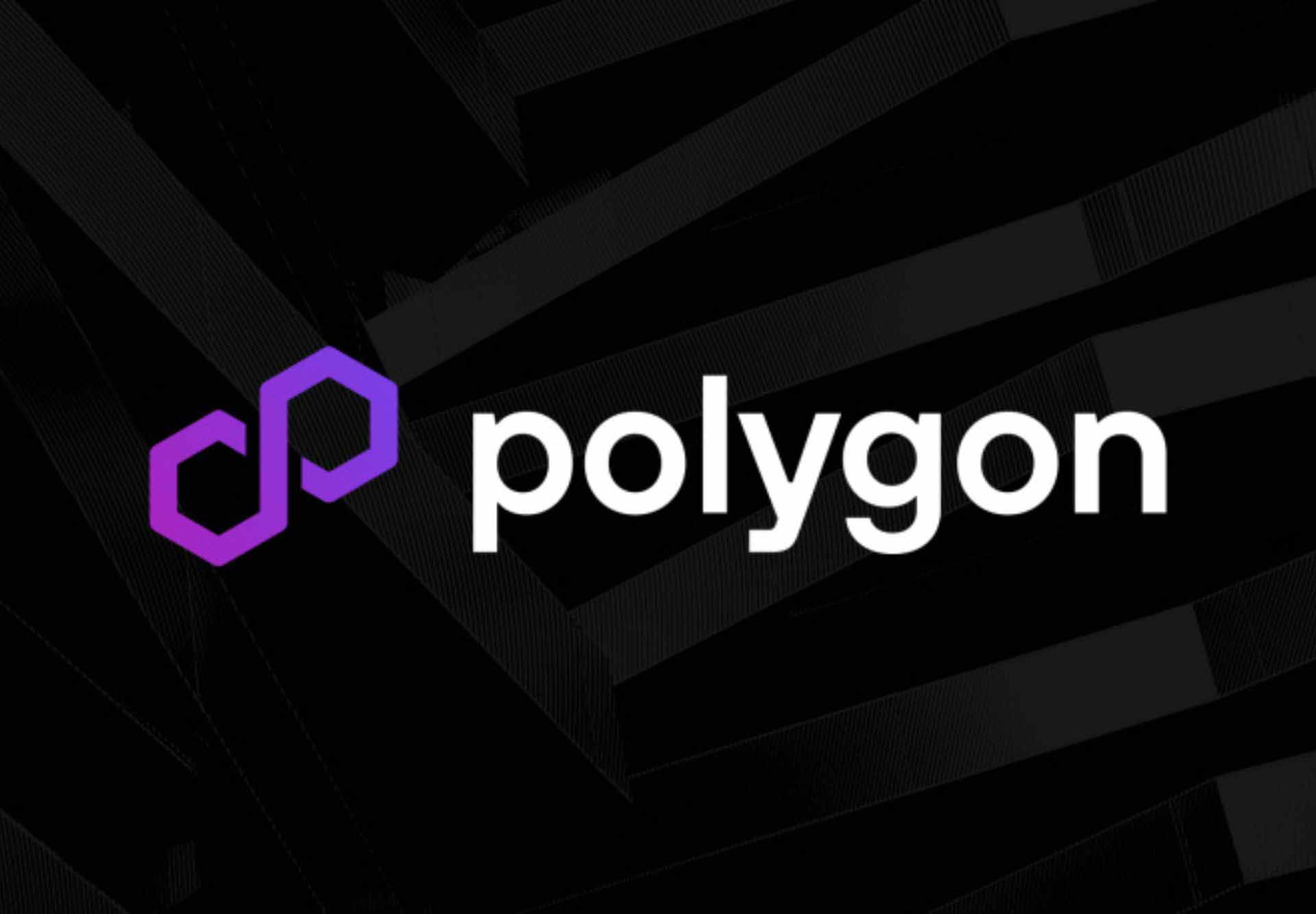In a bid to enhance the network’s robustness without compromising on cost-efficiency, Mihailo Bjelic, the co-founder of Polygon, has recommended integrating zero-knowledge proof technology into the network.
Bjelic outlined his proposition to upgrade the existing Polygon proof-of-stake (PoS) network to a “zkEVM validium” model in a forum discussion on June 20. He believes that this upgrade, utilizing zero-knowledge proofs, would significantly elevate the security of the system.
Polygon PoS, an Ethereum scaling solution launched in 2019, houses more than $900 million in its contracts and conducts over 2 million transactions daily. In March, a second network named Polygon zkEVM was unveiled by the team. This network leverages zero-knowledge proof rollups to scale Ethereum.
Bjelic’s proposal on June 20 suggested that the original PoS network be updated to a zkEVM or zero-knowledge Ethereum Virtual Machine version. This would mean that both networks would rely on zero-knowledge proofs. Unlike the freshly launched network, the updated version of Polygon PoS wouldn’t be a “rollup,” i.e., it wouldn’t store compressed transaction data on Ethereum. Instead, it would exist as a “validium” storing only validation proofs on layer 1, with the actual transaction data housed on a separate chain.
Such an arrangement would enable Polygon PoS to maintain lower transaction fees compared to Polygon zkEVM while enhancing its security. This is because the network would derive its security properties from Ethereum, the co-founder explained.
Post the proposed upgrade, Polygon zkEVM might become the go-to for high-stakes transactions where security is paramount. On the other hand, Polygon PoS could be the preferred choice for gamers and social media aficionados. Bjelic outlined this scenario:
“The upgraded Polygon PoS (zkEVM validium) could offer excellent scalability and minimal fees, albeit with the tradeoff of locally storing transaction data rather than on Ethereum. It would be an ideal fit for applications demanding high transaction volume and low fees, such as Web3 gaming and social media.”
Bjelic estimated that the upgrade could transform from an informal suggestion to a formal Polygon Improvement Proposal by November, with a potential mainnet implementation between February and March 2024.
This push to launch Polygon zkEVM and upgrade Polygon PoS forms part of a broader ambition by the team to establish a “Supernet” — a network connecting various application-specific chains, referred to as “Polygon 2.0.”
The native coin of the Polygon ecosystem, known as MATIC $0.6997, underwent delisting by eToro on June 13 following allegations by the United States Securities and Exchange Commission that it was sold as an unregistered security. The Polygon team, however, has refuted any violation of U.S. laws in their fundraising process.
Implementing zero-knowledge proof technology into blockchain networks like Polygon is seen as a significant move towards enhancing the privacy and security of transactions. The technology allows one party to prove to another that they know a value (x), without conveying any information apart from the fact they know the value of x.
In the context of blockchain, zero-knowledge proofs are used for validating transactions. The network can verify the transaction’s correctness without knowing specific details about it. This ensures the privacy of the transaction data while maintaining the integrity of the network.
Moreover, as the world of cryptocurrencies grows, so does the need for scaling solutions. Polygon has been a significant player in providing these solutions for Ethereum, making transactions faster and cheaper. The proposed zkEVM upgrade underlines their continued commitment to this goal.

